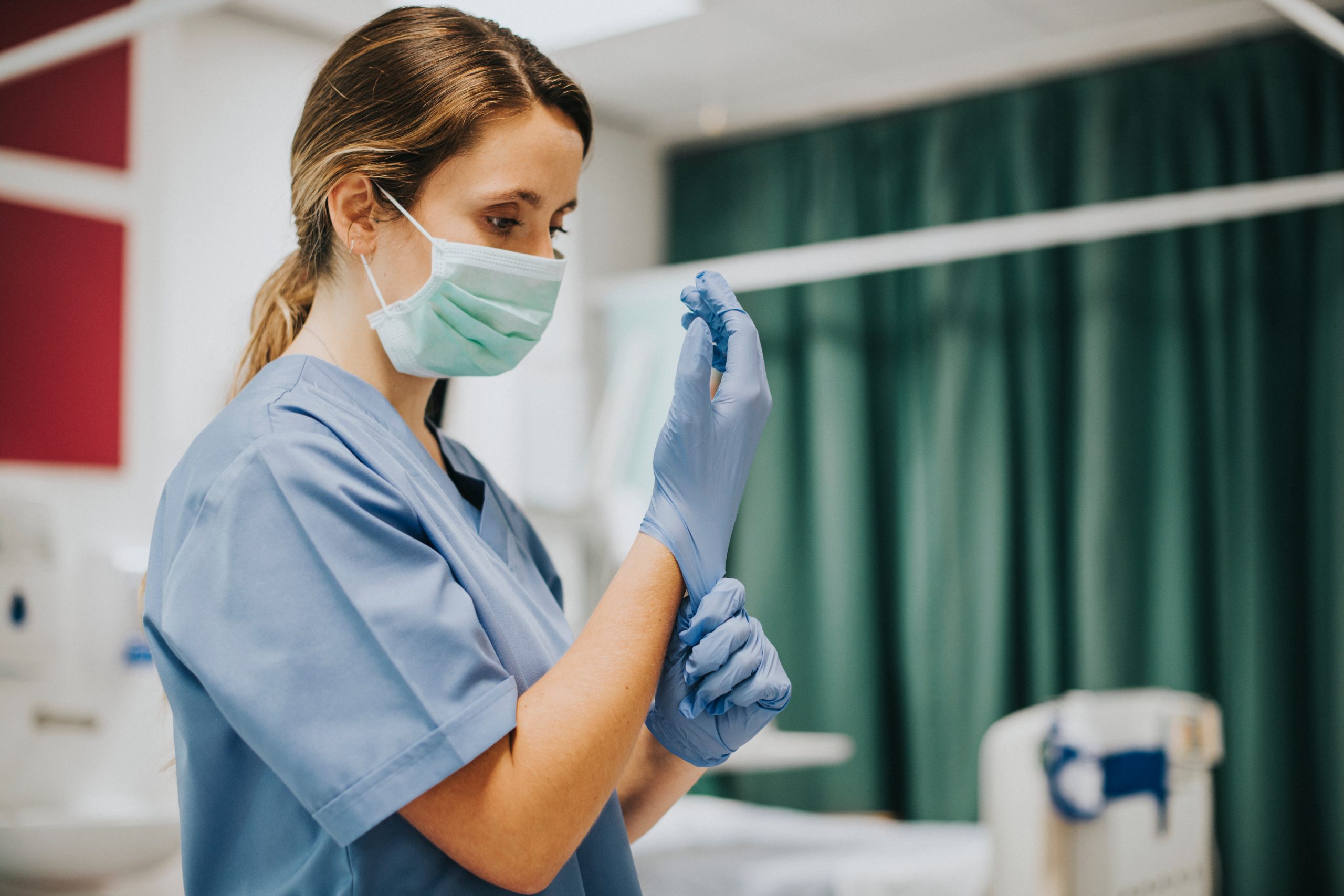By Lucy Osborn MACN (ENL)
This column, The Scrubs that Fit, is all about the highs and lows of being a junior nurse, from the perspective of an ACN Emerging Nurse Leader. The aim of these blog posts is to help ease the transition from university to grad years and beyond. Find Lucy on ACN’s neo and on Instagram @aussie_nurses.
As a student or early-career nurse, this is likely your first large outbreak of a virus or illness. Don’t panic, this has happened before, and it will likely happen again. Today’s article is a reminder on why it’s important for early-career nurses and students to have a good understanding on what’s happening currently and some advice on how to handle the stress that comes with situations like these.
-
What’s the big deal and should I be stockpiling toilet paper?
As nurses and nursing students, your family and friends will likely contact you when they have medical questions, and this becomes obvious and important in a worldwide issue like a new coronavirus outbreak. COVID-19 is quite infectious so there are many cases popping up around the globe, but the statistics are suggesting that its less deadly than other coronaviruses such as SARS (WHO, 2020). A healthy person, who is infected, may not have symptoms or they may have mild flu-like symptoms. We are trying to isolate the virus to protect those who are already at risk. There is currently no evidence to support the dramatic hype that has caused the ridiculous stockpiling of goods. We need to be smart in situations like this and use our common sense. Good personal hygiene, staying home from work when sick etc.
Should we take this seriously? YES! We do need to comply with the advice given to use by the World Health Organization (WHO) and Australian Government. But there are so many options other than locking ourselves in bomb shelters indefinitely.
We know that any virus can take the life of an at-risk person, so it makes sense to do whatever we can to stop the spread of the virus. We know the actions we need to take to minimise the amount of people who can contract the virus and protect those who are at risk, we’ve learnt about these from the past outbreaks of viruses such as Swine flu. We have the knowledge to stop the spread and minimise the deaths, we now need the compliance.
If you’re not familiar with the term “flattening the curve”, you need to be. This is a term for ensuring our peak infection rate is lower and over a longer time. This ensures our resources such as hospitals are not swamped with cases, leading to fewer deaths. This also gives us a greater shot of getting a vaccine to the public before the peak is reached. There are many other advantages of flattening the curve and you can see them here.
-
My advice for early career nurses and students
It is vital that, as nurses, we acknowledge our position in society as a messenger of evidence and source of safety. Here are some of things I suggest doing to help ease the stress.
- Comply with and promote proper hand hygiene
This is the best way to avoid any virus. washing your hands thoroughly and often, use alcohol gel more often and encourage those around you to do the same. We all know the five moments of hand hygiene, now is the time to share this with your friends and family. Cover your coughs and sneezes appropriately. - Talk to experienced nurses who survived, SARS, Swine flu and Ebola
As I mentioned, this isn’t the first pandemic, in fact there are 12 known pandemics ever recorded (Hays,2005). I’ve been talking to many of my senior nurses who worked through SARS and Ebola, they provide me with the grounding that I need to care for my community calmly. This is a good way to learn from those who have worked through similar situations. - Do not spread misinformation to your friends, family or social media pages
We already know that social media is a large contributor to health outcomes in our community, but did you know that there are hefty legal consequences for those who spread misinformation? It’s our responsibility as nurses to ensure if we are giving advice and information that it is evidence-based and truthful, if not we can be charged. Not to mention that spreading misinformation will only increase the panic and tribulations of the general community (like buying toilet paper!). - Remember it is a legal requirement to stay up to date with the latest evidenced-based practice
It’s vital that we acknowledge our position in our community to be a messenger of evidence and a source of safety. We are privileged to be the largest workforce in the health care sector, but that means we have the great responsibility of staying up to date with the latest evidence-based practice. This is a legal responsibility for our registration (NMBA,2020). - Do not support or condone racism
We are all responsible for supporting each other through this tough time, do not fall into the trap of being a part of racial profiling and stereotypes. Don’t be afraid to call someone out if they are being racist. The Royal Children’s Hospital recently released a media statement saying they have received multiple racist complaints and abuse towards their staff. - Ensure you know where to find the most Up-to-date and trustworthy information
My suggestion is The World Health Organization and The Australian Government website. They are the resources health care providers across Australia are using, you should be using them too.
My parting advice is to look after yourself during any virus outbreak, look after your family and co-workers and do not, under any circumstance, be a part of the spread of misinformation and dramatisation.
References
Epidemics and Pandemics: Their Impacts on Human History by J.N Hays.
https://www.who.int/emergencies/diseases/novel-coronavirus-2019/events-as-they-happen





